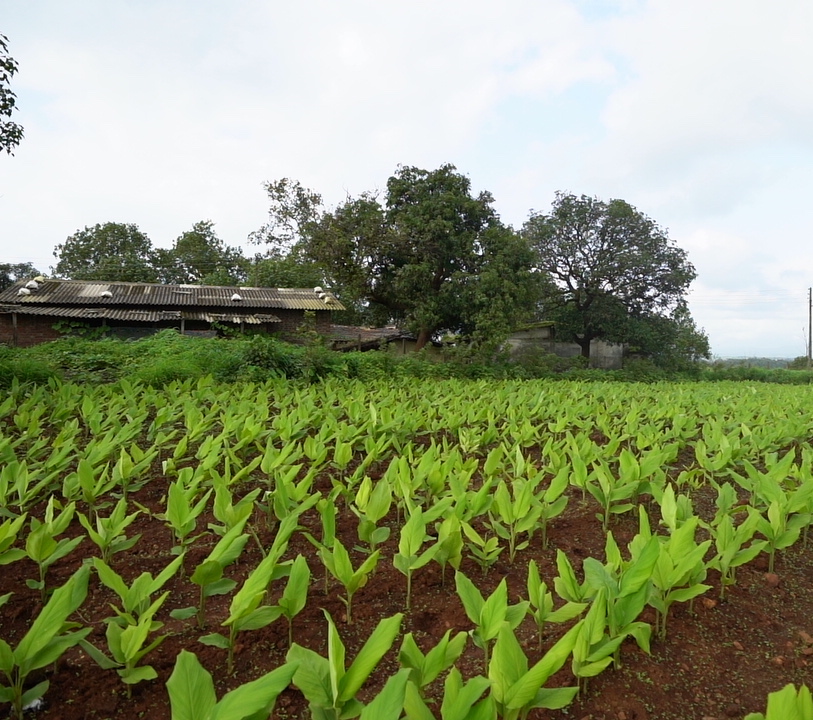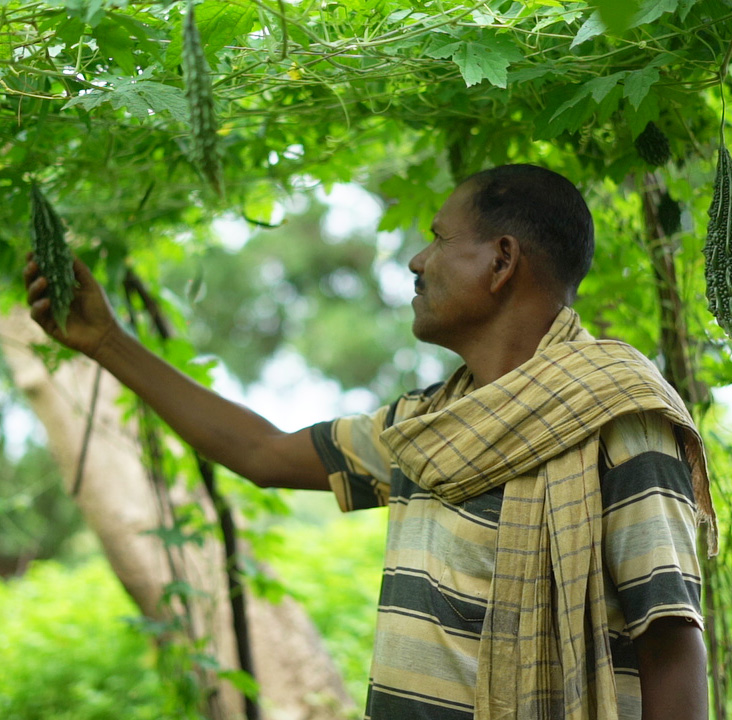Agriculture stands as one of the most vulnerable sectors to climate change, experiencing adverse effects such as rising temperatures, agroecosystem shifts, invasive species, and more frequent extreme weather events. These changes are already impacting crop yields, diminishing the nutritional quality of major cereals, and reducing livestock productivity. Compounding the issue, agriculture contributes significantly to the climate crisis, currently responsible for 19–29% of total greenhouse gas emissions. Tribal indigenous communities are directly in the path of this challenge, prompting an urgent need to intensify our efforts.
In rural Maharashtra, climate change is hitting hard, principally among the small-scale farmers. Erratic rainfall and rising temperatures make it impossible to grow crops. With every passing season, the unpredictability of weather is costing yields and threatening livelihoods. Those dependent on rain for irrigation have even greater struggles. Due to this, traditional farming is becoming unsustainable considering soil degradation and water shortage, an upsurge in problems with pests; hence, such communities are highly susceptible to shortages in food, as well as economic instability.

